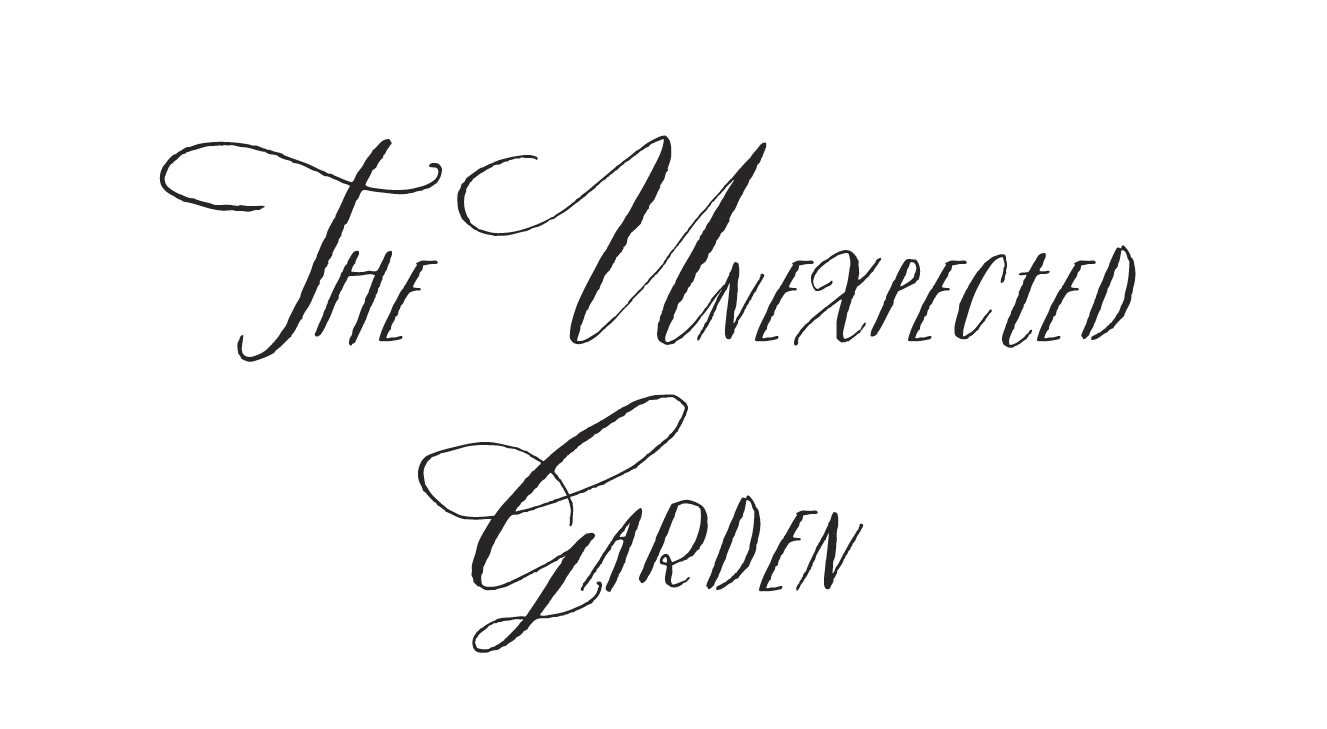
“We have a year. More if we want! Are you just flabbergasted, as I am, that we get to do this?” Susan speeds into the dips and curves toward La Foce, overtaking tractors on the narrow road with a friendly wave of her hand. They have an appointment at eleven, confirmed by the daughter of Iris Origo, to see the writer’s garden. Susan, if they get there, will lap up every square inch of the elegant plan. Italian gardens, based on pots and geometry and pergolas and water features, are a new concept for her, totally upending her English-oriented ideas of garden rooms and high-maintenance perennial borders—so casual in appearance but beastly to maintain. They’re driving into the barren Val d’Orcia, a vast expanse of undulating hills relieved by cypress-lined roads, strips of feathery poplar windbreaks, fields of plowed brown earth patchworked with other fields of crushed brown sunflower stalks and cover crops of clover—a landscape of subtraction, but still inviting. She swerves off the road. “Let’s get out. Camille, you should have an easel. Look at this!”
“I’m not up to painting a landscape this grand; I should stick with my still lifes. Maybe I could manage that white road down there, the one bordered by cypresses.”
“Tuscany is beginning to seem like one big garden,” Julia says.
Susan is enchanted with the bones of the autumn garden. Formal boxwood hedges and borders are planted extensively, but the garden is not rigid. The young English guide points out what’s not here right now—the peonies, allium, roses, and, of course, the wisteria the garden is famous for. “What I like best in gardens,” Susan says, “is all over this place—the element of surprise! Step through the opening in the hedge and there’s a fountain or a statue. Look, campanula creeping into the cracks of a stone wall and little sedums popping up on porous stone steps. Low stone basins tucked in the beds hold tiny water lilies—homes for frogs.”
“That’s the way you dress,” Camille observed, “very cropped or angular but with unusual patterns or accessories, like right now.” They paused to notice Susan’s long mustard sweater over tan tights, a red, gold, and green scarf knotted just so, and her slouchy red shoulder bag. “I’d never think of that acid yellow with red, and it looks fabulous.” At first, Camille had feared Susan might be too aggressive for her. She’s come to see that quality instead as verve. And Susan always pushes them into the new.
Susan gives Camille a quick hug. “You’re a darling.” She takes out her new notebook, scrawling The Unexpected Garden on the cover. “I’m glad I brought my good camera.”
A hundred photos later, before they leave, she asks the young guide, Nella, to take a picture of the three of them under a pomegranate tree. They pose with the ancient fruit of Persephone dangling around them, ruddy orange globes, mythic and luscious. A shaft of sunlight through the tree turns Susan’s spiky hair into an iridescent halo. In the photo, she will look electrified, if not holy. Julia is caught about to speak, her mouth half open. Camille’s face is shadowed but she smiles widely and her eyes catch the light. “Are you sisters?” Nella asks.
“Almost,” Camille answers.
“What’s the Italian word for pomegranate?” Julia asks.
“Melograna. A word I love,” Nella says. “Pick a couple to take with you. If you open them underwater, you can get the seeds out easily. They look pretty scattered over desserts.”
Julia nods yes. “You must be a cook. Where should we eat?” Nella mentions several nearby favorites.
“We’ll be back in the spring. I can’t wait.” She’s already thinking of Chris. He should add this detour to his days in the brunello vineyards.
They find Nella’s favorite restaurant in a stand of oak trees. Just inside, a woman is making gnocchi. Julia asks if it’s okay to take a video. The woman then exaggerates all her gestures as she forms thin ropes of dough. Italians are born actors. She arranges the small knuckles of pasta on a sheet pan, wipes her hands on her apron, and gestures to the finished pasta. “Ecco!” Here it is! Julia shows them the video at lunch. “Food Network, come crying!” she says. As she reviews Susan’s still photos, she realizes that all those real estate years gave Susan a lot of experience. “Your pictures are better than mine,” she exclaims. “I have a great idea! Would you work with me on styling and photographing the food for my book?”
“That would be wonderful! I’d love that.” In a few minutes they are eating the lightest gnocchi ever made. It can be like rubber bands, but this is paradigm, served with a savory tomato sauce. Simple, yes, as is the salad of small greens with only a drizzle of new oil. “Ever get the feeling that we overcomplicate our lives?” Susan asks.
Camille offers to drive home, insists really. Susan sits in the backseat, looking at her photos and writing down ideas. A path along the terrace behind the house, a path so narrow that your legs will brush through catmint, lavender, run-wild spearmint, and cosmos. Where the terrace turns, a bench. We need secret places in the garden. Plans fly faster than her pen. Camille is humming and Julia has fallen asleep, her head cranked hard to the right. She’s going to feel that later.